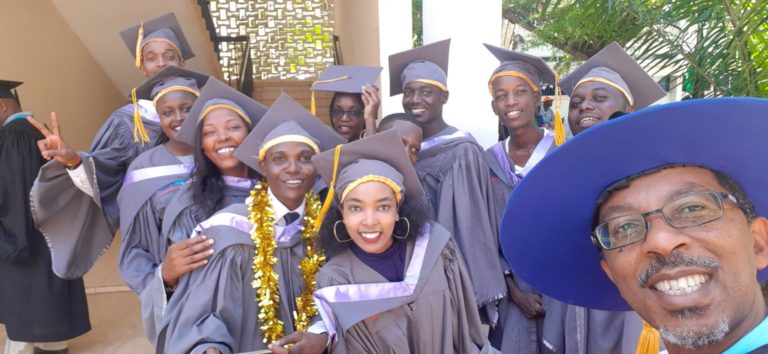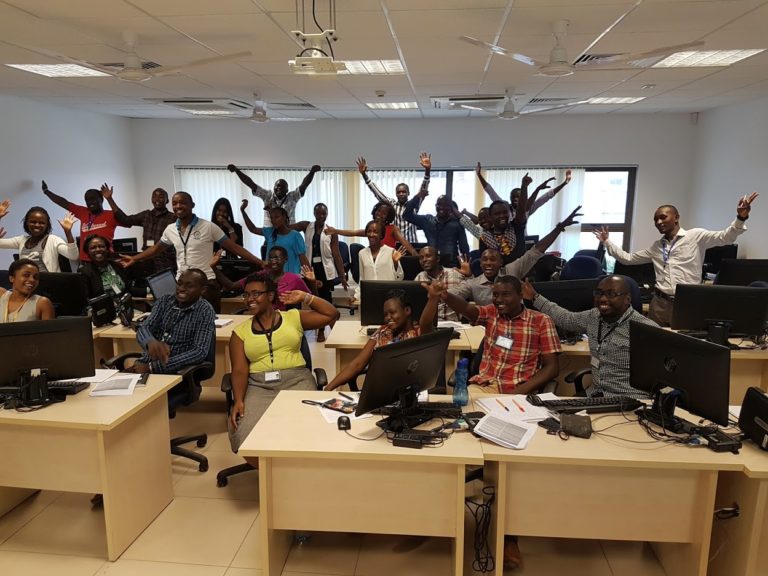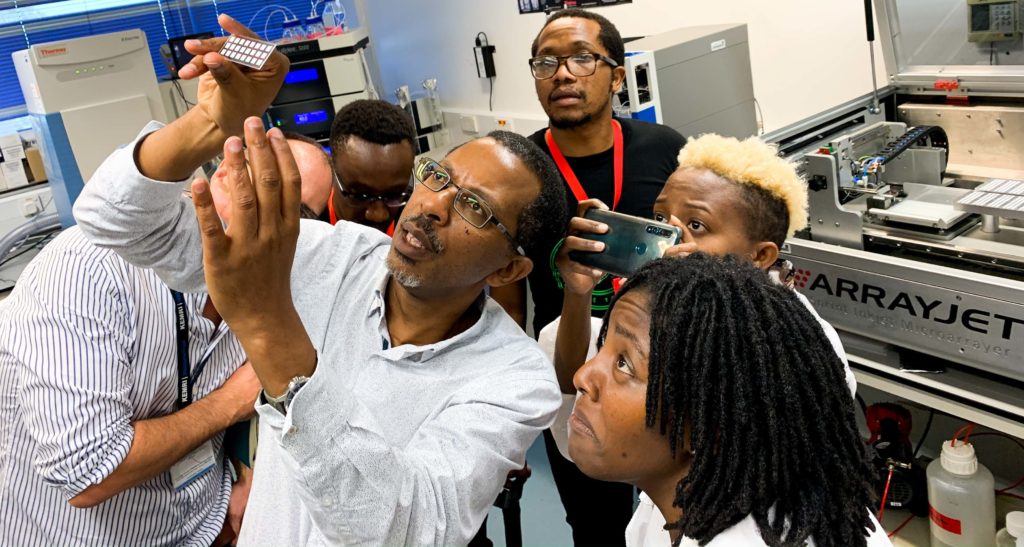Samson Kinyanjui
It’s only 8:30 AM, but it’s already hot and humid at the KEMRI-Wellcome Trust Programme (KWTRP) campus in Kilifi on the Kenyan coast. A group of 60 enthusiastic recent Kenyan graduates are waiting anxiously at the reception area. They are about to be interviewed for research internship positions having come through two rounds of screening involving over 1000 applicants. Only 22 will be offered an internship this year. As I take the panel through the pre-interview briefing there is something very satisfying for me; many of the researchers in the room can point to this same internship scheme as the launching pad for their research career.

One of the things that have struck me most during my research capacity strengthening endeavour in Africa is how much talent there is amongst the young people on the continent. Innovations such as the globally acclaimed MPESA mobile money transfer system bear witness to this talent. Undoubtedly the future of science in Africa lies in harnessing the intellectual capacity and innovativeness of the continent’s young population. But currently, this pool of talent remains largely untapped, particularly in the science sector.
A major challenge is that many African graduates do not include research in their menu of career options. This is, in part, due to the lack of early exposure to research and in part, to limited availability of local scientists to act as role models. The mental caricature of a scientist in many of the graduates is primarily shaped by the scientists they encounter in books, television, or movies, who, due to historic and current inequities, tend to be white males. Indeed, when asked to draw a scientist before being introduced to African and female scientists, many students from several local secondary schools drew an elderly Caucasian male. The lack of role models with whom they can geographically and culturally identify coupled with such racially and gender-stereotyped perceptions of researchers are likely to impact negatively on the students’ self-belief concerning science career regardless of their academic ability.

This is where internship schemes, such as KWRTP’s, become vital. Our scheme aims to provide structured research experience to recent Kenyan graduates and lays a strong emphasis on mentorship by local researchers. Although the scientific knowledge and technical skills gained from the internship are important in enhancing the interns’ competitiveness for research jobs and scholarships, in my view, the prime benefit accrued from the internship is a transformation in the graduates’ self-efficacy.
Many of the graduates come from academic programmes that still bear the legacy of the hierarchical colonial education systems where students are primarily recipients, rather than interrogators, of information. As such, scientific meetings at KWTRP where senior researchers debate with junior researchers and students are initially something of a cultural shock to the interns. A distinct change seen in many interns over time is increased confidence to critique scientific presentations or publications that they previously might have taken as gospel truth.
The exposure to a vibrant research environment, the increased awareness of what a science career entails, and the interaction with local researchers, many of them relatively young and female, gives the interns strong motivation and confidence to pursue research as a career. As one past intern remarked.
“Everything breathed science, giving one a very clear choice if they want to pursue it or not”.
As quoted below, the exposure is particularly enlightening for students with non-biomedical degrees who, often, are not aware that health research extends beyond biomedical disciplines.
“Exposure to world-class multi-disciplinary research showed me that the opportunities in research are limitless”.
Of the 250 interns to date over 70% have gone on to pursue a research career. Although, it is difficult to say what the intern’s career trajectories would have been had they not joined the scheme, I think that this percentage demonstrates the value of internships in attracting young graduates to research careers.

Dr. Sam Kinyanjui is the Head of Training and Capacity Building at the KWTRP. Prior to the current position he spent 16 years doing research on the immunology of malaria. Subsequently, he developed a strong interest in building health research capacity in Africa. As the Director for the Initiative to Develop African Research Leaders (IDeAL) he has also overseen over 240 graduate interns, 150 Masters and over 80 PhD training since 2008.
